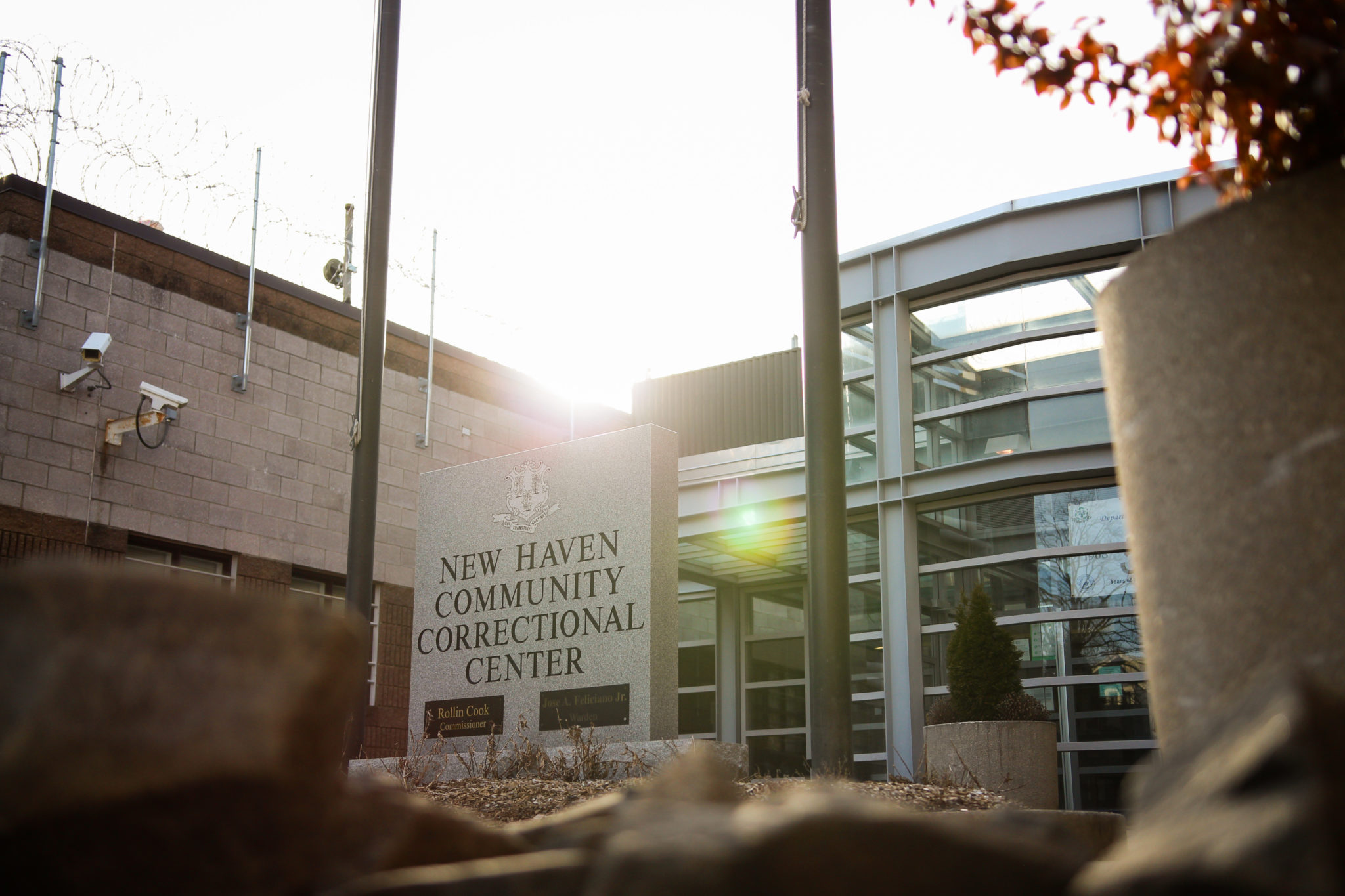
Daniel Zhao
Criminal justice reform activists and community members met Monday night to address the high cost of prison phone calls in Connecticut.
Interested community members gathered at an event hosted by Dwight Hall in partnership with Worth Rises, a nonprofit organization that advocates for criminal justice reform through research and community organizing across seven states, including Connecticut. The crowd of roughly 30 met to plan and organize for the 2020 state legislative season to advocate for free phone calls to and from prisons. The meeting included remarks from advocates impacted by obstacles to communication in prisons and group strategizing sessions. The group first addressed broader plans, later breaking into smaller groups to draft actionable steps and lobbying plans.
“When we think about how incarceration impacts the local New Haven community, [this event] is one mechanism of doing that,” Patrice Collins GRD ’22, Graduate and Professional Student Senate community engagement chair, told the News in an interview.
Collins, who works with families struggling to keep in touch with incarcerated family members, added that “coming together collectively” was critical to advocating on behalf of community members affected by barriers to family ties.
The cost of a 15-minute phone call for incarcerated individuals in the Nutmeg State is $3.65, according to the Prison Policy Initiative, a public policy think tank that focuses on criminal justice. This rate makes Connecticut the second most expensive state in the nation after Arkansas for in-prison phone calls. For incarcerated individuals and their family members, the high cost of contact can cause an intensely personal detriment to important relationships.
Last year, Connecticut lawmakers tabled a bill, H.B. 6714, that would have made calls from prison free. State Rep. Josh Elliot, D-Hamden, introduced the legislation, which would have called for the Commissioner of the Department of Correction to provide telephone service to all people in custody of the commissioner or in a correctional facility. The bill also would have explicitly prohibited the Department of Correction from receiving revenue off of phone calls made from a correctional facility.
Liz Yarborough and Jeanette Melton, attendees from the advocacy group Communities and Families Rising 4 Justice, are New Haven residents whose stake in the cause is magnified by incarcerated loved ones or other personal connections to cause. Yarborough and Melton have both attended meetings in Hartford to advocate for the legislation. Yarborough, whose son is currently incarcerated, told the News that lawmakers need to “keep pushing for this bill” because the high costs of phone calls “affect family members.”
Cheryl McClendon, a community member who makes up to six phone calls per day, said she spends nearly $600 per month on calls to an incarcerated family member. McClendon has since joined a Facebook group called Inmate Support Connecticut.
McClendon expressed concern over additional barriers to contacting inmates that the Department of Correction could impose. McClendon said she hopes the support group and other advocates will also work to prevent the passage of any further restrictions on contact in addition to lobbying to decrease the price of a phone call or eliminate the cost entirely.
According to the state’s Office of Fiscal Analysis, the bill would have cost the Department of Correction $3.8 to $4.5 million in fiscal year 2022 and $5 to $6 million in fiscal years 2023 and 2024. In addition to the cost, there also would have been a revenue loss of approximately $5.8 million in fiscal year 2022 and $7.7 million in fiscal years 2023 and 2024. The Nutmeg State is currently facing ongoing fiscal woes across the board.
If Connecticut were to pass this legislation, it would be the first state in the nation to provide free phone calls for incarcerated individuals and their families. New York City passed a law in August 2018 to become the first major city to eliminate costs for in-prison phone calls, but no state-wide actions have been taken yet.
John Besche | john.besche@yale.edu
Katie Taylor | katie.taylor@yale.edu
Interested in getting more news about New Haven? Join our newsletter!







